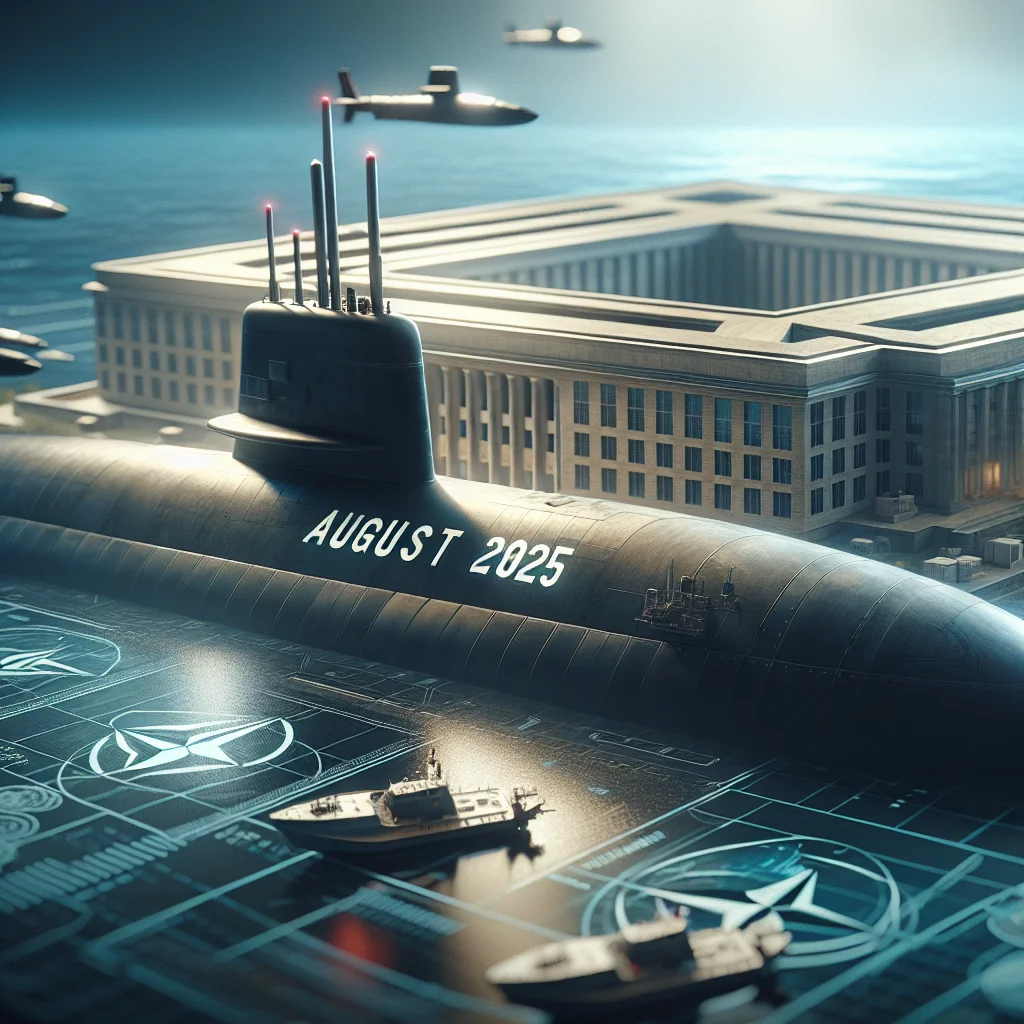
Heightened Military Readiness in Response to Russian Rhetoric
On August 1, 2025, the White House confirmed that President Donald Trump has ordered the repositioning of several U.S. nuclear submarines following recent statements made by former Russian President Dmitry Medvedev. The move comes amid escalating tensions between Washington and Moscow, raising global concerns about nuclear deterrence and military escalation.
Background: Medvedev’s Provocative Remarks
Earlier this week, Dmitry Medvedev, now serving as Deputy Chairman of Russia’s Security Council, made a series of comments interpreted by Western officials as threatening. Medvedev warned that Russia would consider “unprecedented measures” if the United States continued to support Ukraine militarily and expand NATO’s presence near Russian borders.
While Medvedev stopped short of directly referencing nuclear weapons, his remarks fueled speculation about Russia’s nuclear posture, particularly after satellite imagery suggested increased activity at several Russian strategic sites.
U.S. Strategic Response
According to Pentagon officials, President Trump authorized the movement of a number of Ohio-class ballistic missile submarines to undisclosed locations in the Atlantic and Pacific Oceans. The U.S. Navy’s official statement emphasized that the deployments were "routine" but also acknowledged that they were intended to "reassure allies and deter potential adversaries."
- The U.S. maintains a fleet of 14 Ohio-class nuclear-powered submarines, each capable of carrying up to 20 Trident II D5 ballistic missiles.
- Allies in NATO, including the United Kingdom and France, have reportedly been briefed on the repositioning of the U.S. submarines.
- Russia has responded by placing several of its own strategic assets on heightened alert, according to reports from state media.
International Reactions
The United Nations Security Council scheduled an emergency session to discuss the escalating situation. NATO Secretary General Jens Stoltenberg called for "maximum restraint and transparency," while leaders in Europe expressed concern about the risk of miscalculation.
China’s Foreign Ministry urged both the U.S. and Russia to "de-escalate and pursue diplomatic channels." Meanwhile, defense analysts noted that the movement of nuclear submarines is a clear signal of deterrence, designed to reinforce the credibility of U.S. security commitments.
Implications for Global Security
The latest developments mark a sharp increase in U.S.-Russia tensions not seen since the height of the Cold War. With both sides modernizing their nuclear arsenals and engaging in rhetoric, international observers warn that any misstep could have serious consequences.
President Trump is expected to deliver a televised address later this week outlining his administration’s approach to the crisis. Meanwhile, diplomatic efforts are underway to reduce the risk of further escalation.











